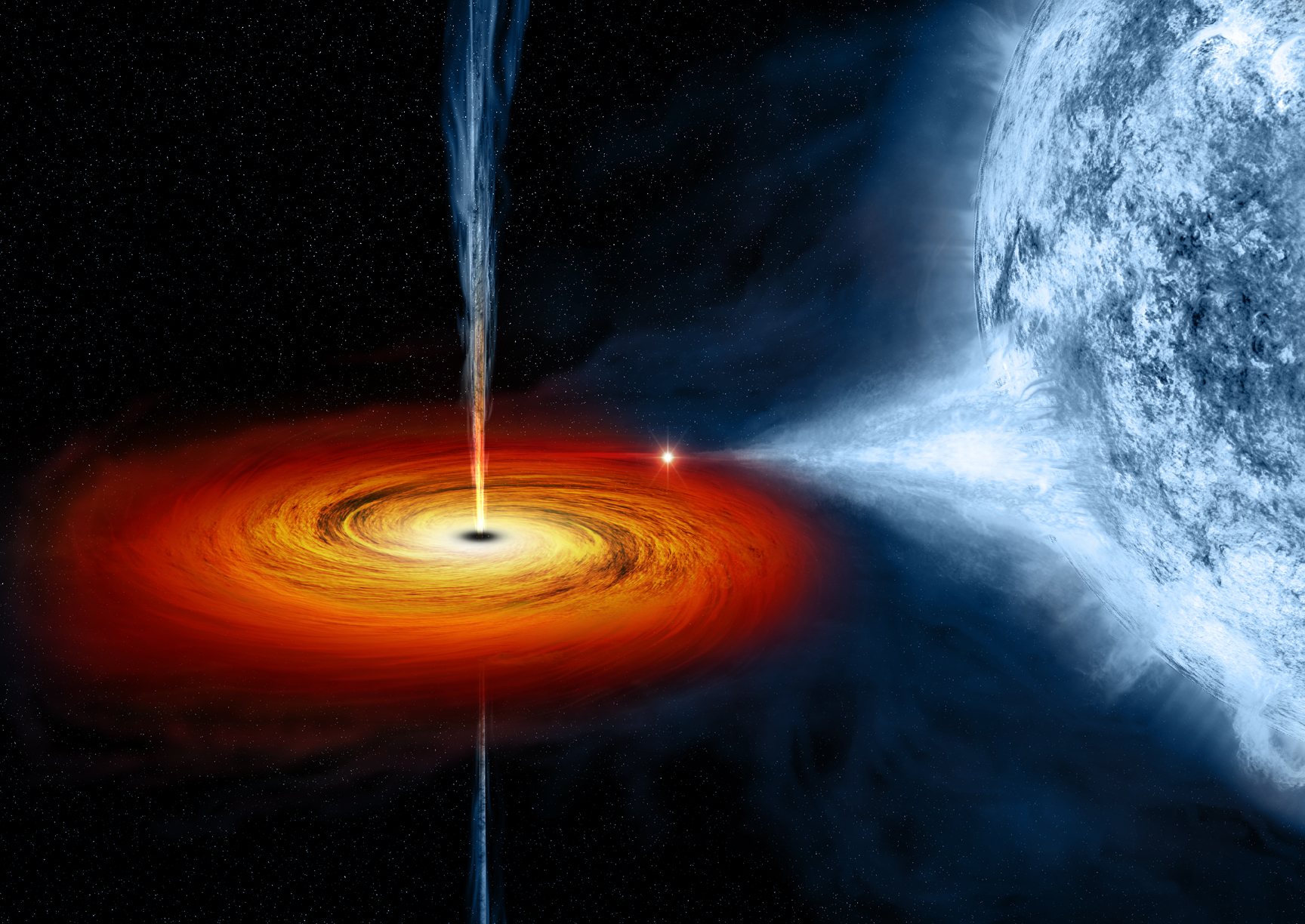Several months ago, a Reddit user took to the subreddit /r/ELI5 (Explain Like I’m Five) to ask the community about the power of sound. Apparently, a sound of 1,100 decibels would create so much energy, it would act as a immensely high quantity of mass. This would, in turn, create enough gravity to form an extremely large black hole! Larger, in fact, than our observable universe.
However, as user hazar815 explains, this noise would be several orders of magnitude greater than a supernova, so its chances of ever happening are well outside the bounds of reality.
Read several responses to the question below, and try to wrap your head around the concept. I’m sure you’ll have an easier time than I did.
First of a sound of that magnitude would require 1098 watts/meter2 . That is an absolutely insane amount of power, far in excess of what we can produce, and is many of orders of magnitude greater than what a supernova creates. So we don’t have to worry about it actually happening. But, now, how would that create a black hole. By E=mc2. Put enough energy into a small enough area and it would be the equivalent of putting mass in that area, causing immense gravity. With energy as great as 1100 dB, it would create enough gravity to cause a black hole to form, and an incredibly large one at that.
Decibels are a logarithmic unit. That means 20 decibels isn’t 2 times more powerful than 10 decibels, it’s 10 times more powerful. 30 decibels is 10 times more powerful than 20 decibels. 40 decibels is 10 times more powerful than 30 decibels. Each time the decibel number goes up by 10, the power of the sound is multiplied by 10. The number 1100 is like starting with 10 decibels, and adding 10 on 109 times. That means 1100 is 10109 times more powerful than 10 decibels. That is 1 with 109 zeros after. 10 000000 000000 000000 000000 000000 000000 000000 000000 000000 000000 000000 000000 000000 000000 000000 000000 000000 000000 times more powerful. I expect a sound wave that strong would have to compress air so dense that the rest mass plus the kinetic energy would mean that the mass of say a metre cubed of air would fall inside it’s own Schwarzschild radius. When a mass of an object is compressed within it’s Schwarzschild radius, the escape velocity required to escape the sphere of matter the compression creates would exceed the speed of light, thus a black hole is formed.
Decibels are not a linear scale. For comparison, if you think going 50 mph is fast, going 100 mph is twice as fast; that’s a linear scale. With Decibels, if you think 80 dB is loud, 83 is twice as loud, and 86 is twice as loud as that! So when you go from a nice normal sound like, say, 50 dB, to 1100 dB you have a difference of 1050 dB. That’s 350 increases of 3 dB, so you’re looking at a difference in energy on the order of 2350 times the energy. That’s about 200,000 googol (i.e. 200,000 * 10100; a 2 with 105 zeroes after it). This number is bonkers huge. No physical quantity in the universe is this large using meaningful units. The other thing to note is that mass and energy are intimately related and in many ways interchangeable (see: E = mc2), so if you have enough energy in one place then you effectively have a lot of mass in that location, which can cause a black hole to form. Inside of a black hole, as far as we can tell, there is no difference between mass and energy. So while a sound this loud would cause an unimaginably huge black hole, it would take a nuclear reactor consuming all of the matter of the universe several times over to produce the sound in the first place, so that’s kind of moot. (note: I might have screwed up my math on the energy of a 1100 dB sound; the dB scale scales amplitude, energy content, and perceived loudness at different rates. The general idea is still correct, though).




















This can’t be true 😮